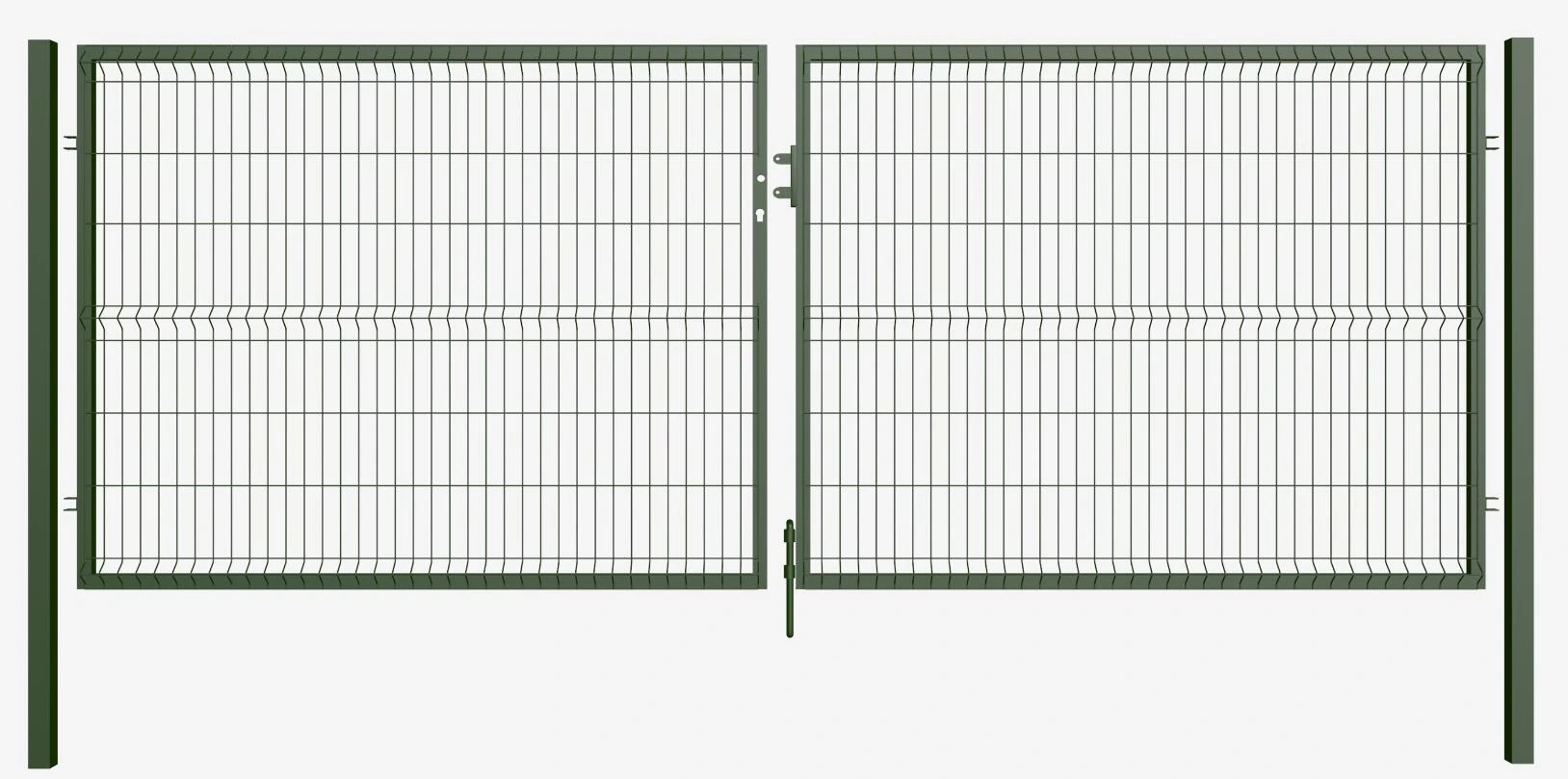The Role of Natural Plant Supports in Sustainable Gardening
In recent years, the movement towards sustainable gardening has gained momentum, as more people recognize the environmental benefits associated with eco-friendly practices. One key aspect of sustainable gardening is the use of natural plant supports, which provide structural assistance to plants while promoting biodiversity and enhancing the overall health of the garden ecosystem. This article explores various types of natural plant supports, their benefits, and how they can be incorporated into your gardening practices.
Understanding Natural Plant Supports
Natural plant supports are materials derived from organic sources that assist plants in their growth and stability. Unlike synthetic supports such as plastic stakes or metal cages, natural alternatives blend harmoniously with the environment and decompose over time, enriching the soil as they break down. Common examples of natural plant supports include bamboo stakes, wooden trellises, burlap, jute twine, and even the use of living plants.
Types of Natural Plant Supports
1. Bamboo Stakes Bamboo is a highly sustainable material due to its rapid growth rate and strength. It can be used as individual stakes for tall plants or cut into shorter lengths for lower growth. Bamboo supports are biodegradable and can enhance your garden's aesthetic appeal.
2. Wooden Trellises Wooden trellises made from untreated lumber offer a sturdy structure for climbing plants, such as peas, beans, or tomatoes. They provide vertical space in the garden, allowing for better air circulation and increased sunlight exposure, which promotes healthy growth.
3. Living Supports Some gardeners use living plants, such as sunflowers or corn, to support climbing plants like pole beans. This method, known as companion planting, not only provides physical support but also encourages beneficial interactions among different species.
4. Natural Twine and Burlap Jute twine or burlap can be used to tie and support plants delicately. These materials break down over time, ensuring that your garden remains free of synthetic residues and contributing to soil health.
Benefits of Using Natural Plant Supports
1. Environmental Harmony Natural plant supports contribute to a more sustainable gardening practice. They reduce reliance on plastic and non-biodegradable materials, helping to minimize waste and pollution.
natural plant supports

2. Enhanced Soil Quality As natural materials decompose, they enrich the soil with organic matter. This, in turn, supports a diverse ecosystem of soil microorganisms, promoting overall plant health and resilience.
3. Aesthetic Appeal Natural supports often blend more seamlessly into the garden's landscape, offering a rustic and organic look that appeals to many gardeners. They can enhance the visual interest of the garden space.
4. Encouraging Biodiversity Using natural materials can attract a variety of wildlife, such as beneficial insects, birds, and pollinators. This increased biodiversity can contribute to a more balanced ecosystem and improve pollination efficiency for flowering plants.
How to Incorporate Natural Plant Supports into Your Garden
1. Planning Before planting, consider the growth habits of the plants you intend to cultivate. Tall and climbing plants will need more robust support, while smaller plants may only require gentle guidance.
2. Choose Materials Wisely Select natural supports that are locally sourced and untreated. This ensures that you avoid chemicals that could harm the environment.
3. Installation When setting up your supports, ensure they are securely anchored and placed at the appropriate height. Proper positioning is crucial for the plants to grow effectively and for the supports to remain stable.
4. Maintenance Regularly check your natural supports for signs of wear and tear. Replace them as needed to ensure they continue to provide the necessary assistance for your plants.
Conclusion
Incorporating natural plant supports into your gardening practice is a wise choice for both your garden and the environment. By opting for organic, biodegradable materials, you not only enhance the aesthetic and structural integrity of your garden but also play a part in the larger movement towards sustainability. As we continue to seek ways to live harmoniously with nature, embracing natural plant supports is a simple yet impactful step every gardener can take.
















